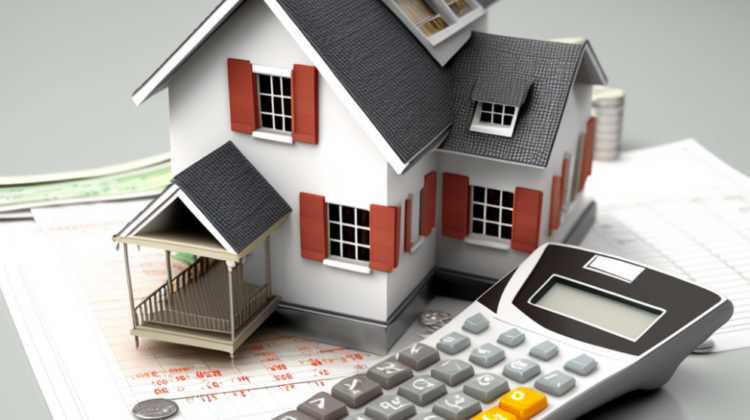
Buying a new home is an exciting and significant life event. However, it also comes with a substantial financial commitment. Beyond the purchase price, many other costs are involved in buying a new home, and one of the most important is closing costs. Closing costs are fees and expenses associated with finalizing your mortgage loan. They typically range from 2% to 5% of the home’s purchase price, so it’s essential to anticipate them and plan accordingly.
Closing costs are an essential part of the home-buying process, and they cover a variety of fees, including lender fees, title fees, and settlement fees. Some of the most common closing costs include:
- Appraisal Fees: This covers the cost of a professional appraisal to determine the property’s value.
- Title search and insurance: This covers the cost of searching public records to verify the property’s ownership and title insurance to protect the lender against any issues with the title.
- Survey Fees: This covers the cost of a professional surveyor to determine the property’s boundary lines.
- Home inspection fees: This covers the cost of a professional home inspection to identify any potential problems with the property.
- Loan Origination Fees: This covers processing your loan application and creating your mortgage loan.
- Credit report Fees: This covers the cost of obtaining your credit report from the credit bureaus.
- The prepaid interest covers the good that will accrue on your loan between the closing date and your first mortgage payment.
- Escrow Fees: This covers the cost of setting up an escrow account to hold funds for property taxes and insurance.
- Recording Fees: This covers the cost of recording the mortgage and title with the appropriate government agency.
The specific closing costs you will incur will depend on your lender, location, and other factors. However, by understanding the types of fees you may face, you can anticipate closing costs and plan accordingly.
You can use an online closing cost calculator or ask your lender for a loan estimate to estimate your closing costs. The loan estimate will provide a detailed breakdown of your estimated closing costs, so you can see exactly what you’ll pay.
It’s important to note that you can negotiate some of your closing costs with your lender or seller. For example, you can negotiate a lower interest rate in exchange for paying higher upfront fees. Or, the seller may be willing to cover some of the closing costs to close the deal faster.
If you need help with the funds to cover your closing costs, several options are available. You can roll your closing costs into your mortgage loan, although this will increase your monthly mortgage payment. Alternatively, you could negotiate with the seller to cover some or all of the closing costs or ask family members for a loan to cover the expenses temporarily.
In summary, closing costs are an essential part of the home-buying process and can add up quickly. By anticipating your closing costs and planning accordingly, you can ensure you have the funds necessary to cover them and make your home-buying experience as smooth and stress-free as possible.